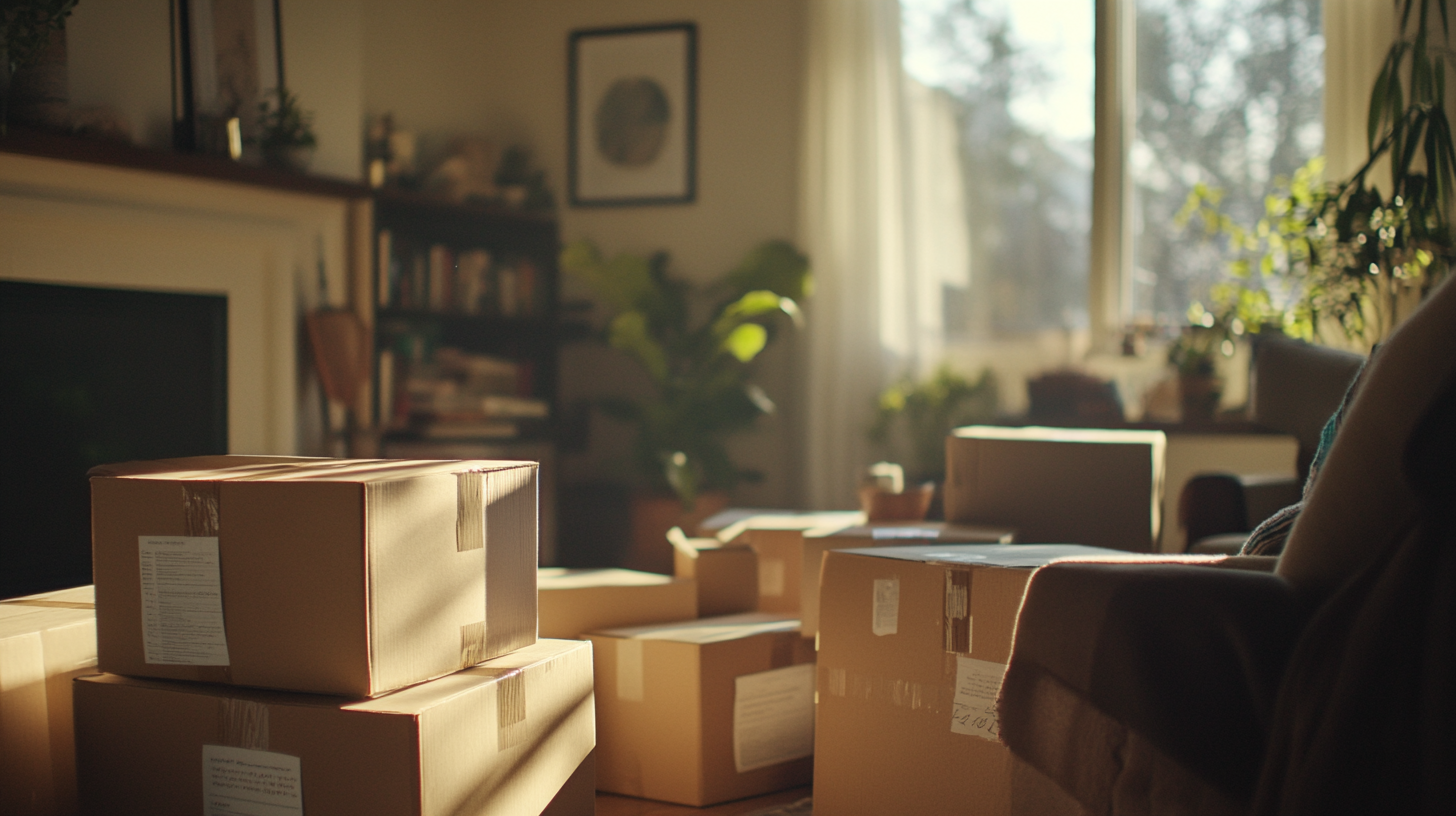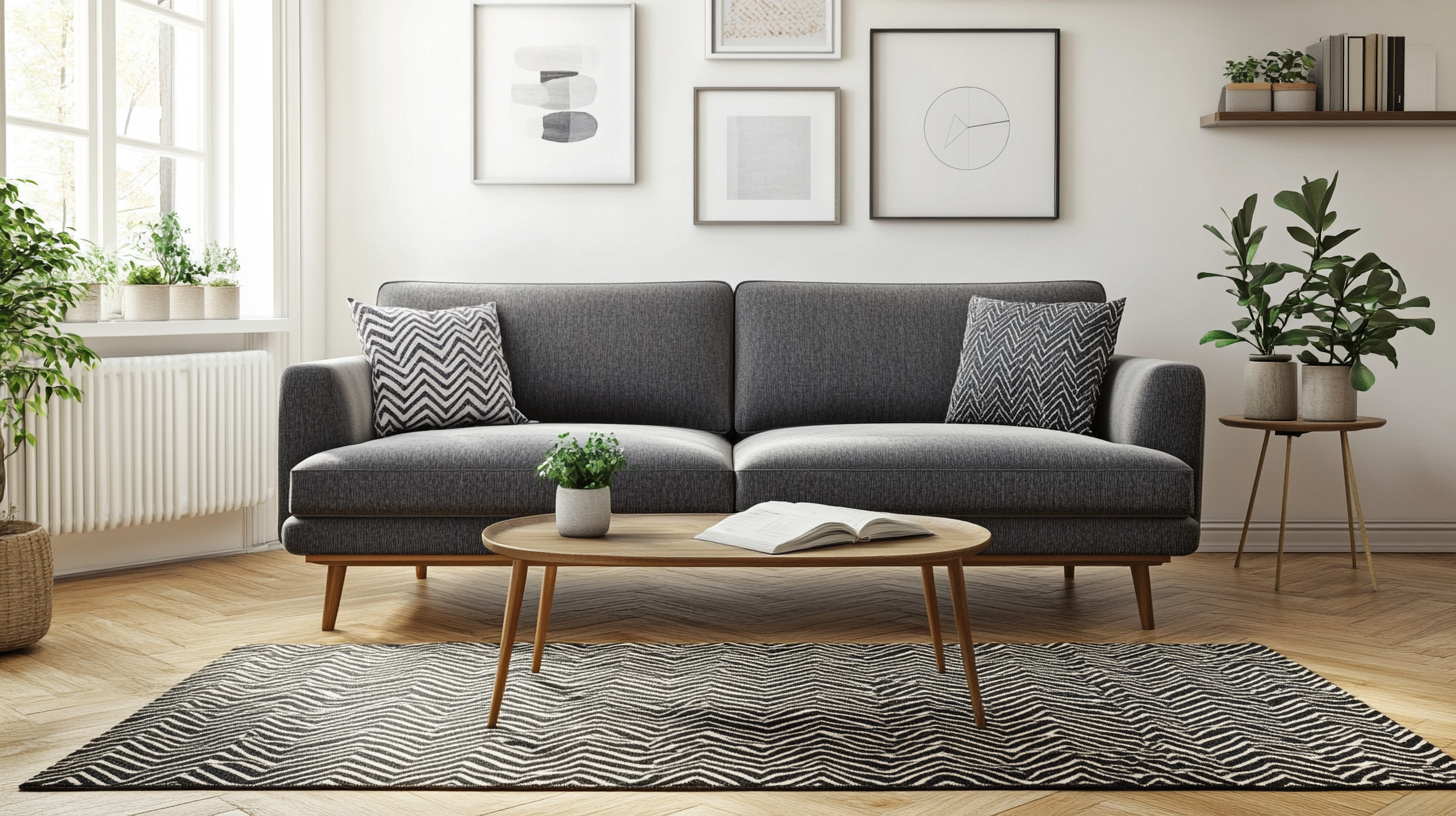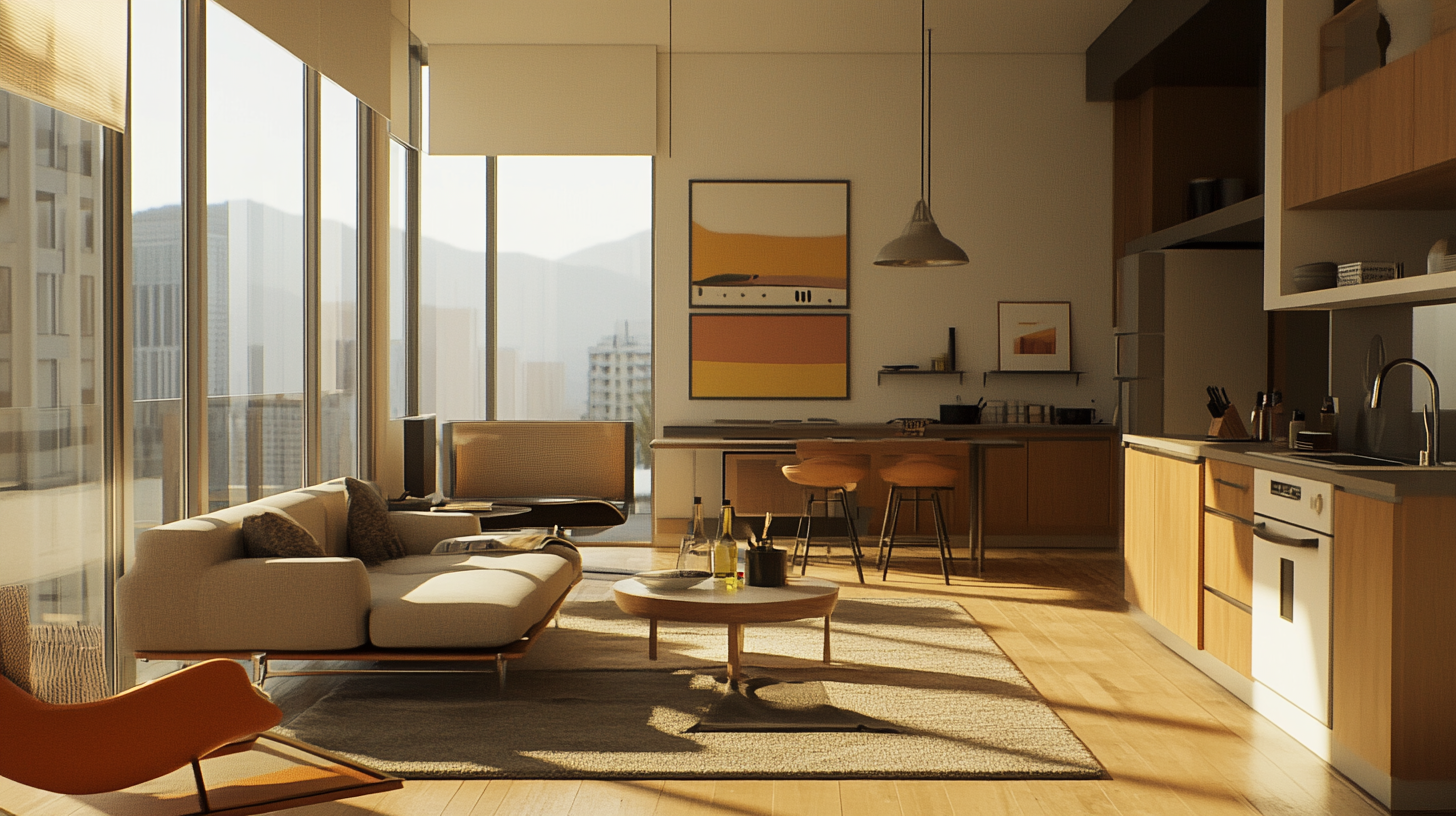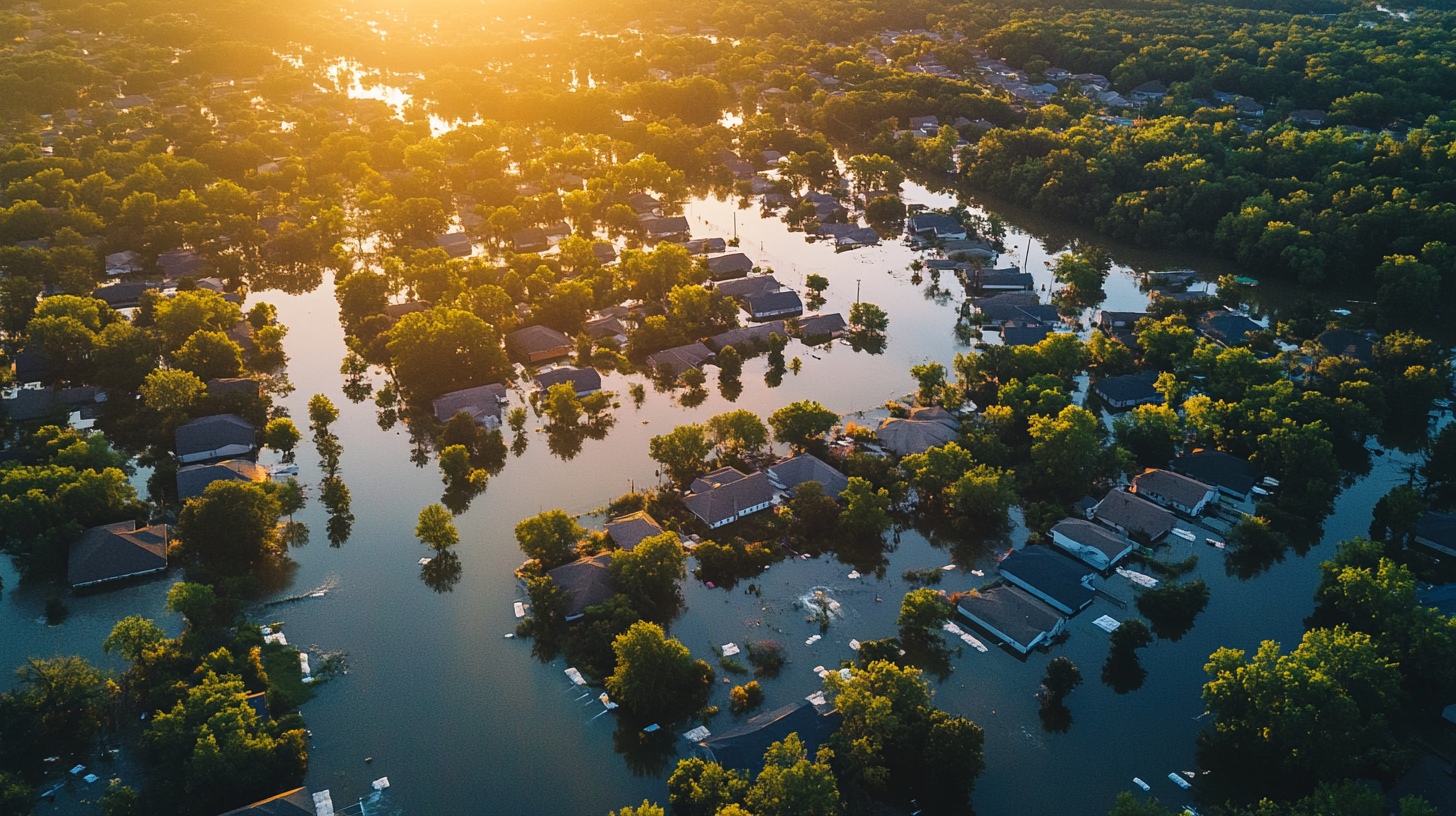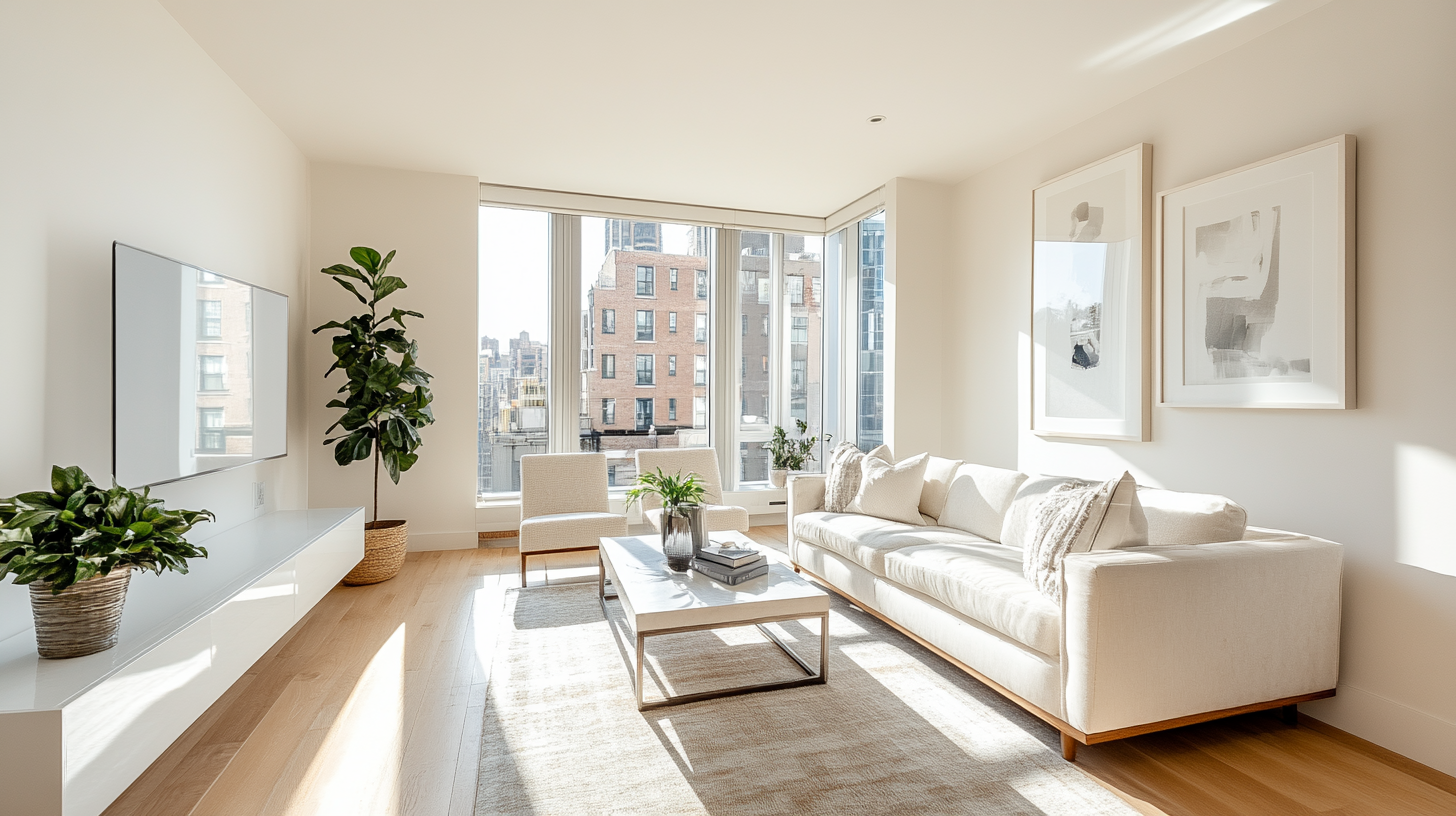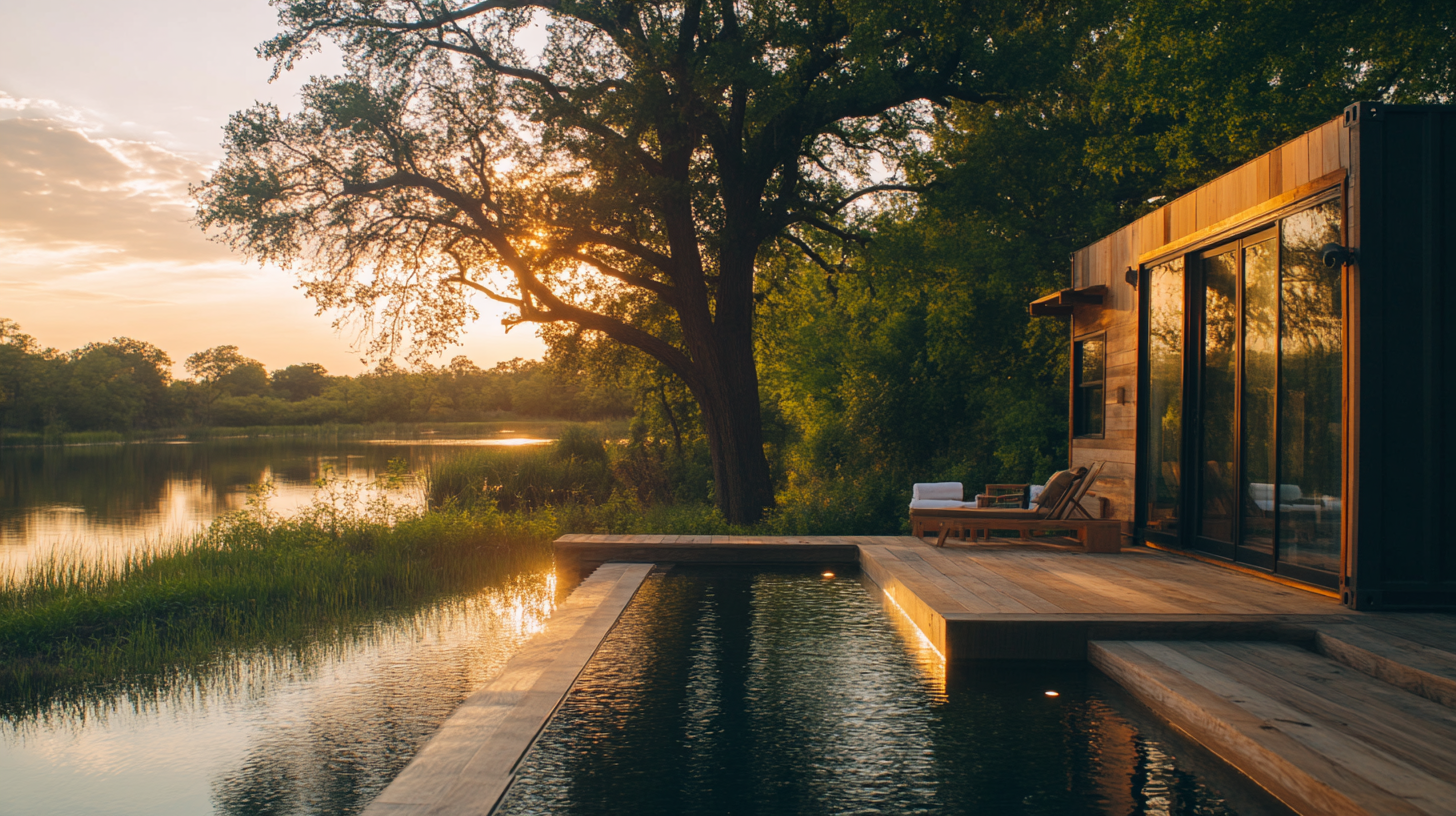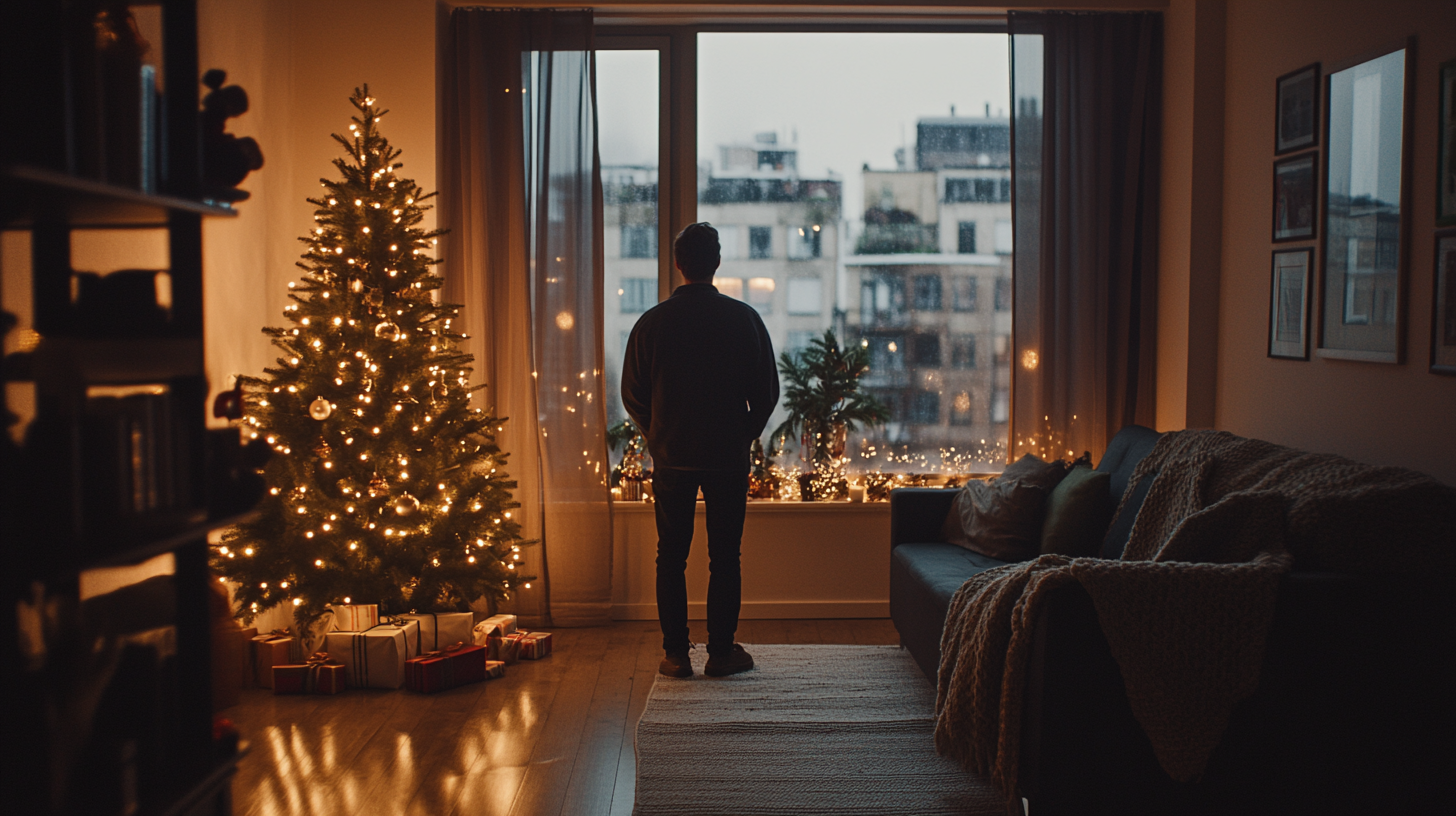Welcome to the Big City Life: A Guide for New Renters
Imagine this: Emily, with a sparkle of adventure in her eyes and a flutter of nerves in her heart, taking in the energetic streets of Milwaukee. It's a big leap from her cozy small-town life to the lively buzz of a major city. She's on the brink of a huge milestone – getting her very own apartment. If you're like Emily, stepping into the renting world for the first time, you're probably feeling a mix of excitement and uncertainty. It's a journey shared by many, each searching for that perfect spot to call their own.
Renting 101: What You Need to Know
So, you're ready to dive into the world of renting. It's a big deal, filled with new experiences, choices, and a bit of grown-up responsibility. Here's the lowdown on what you need to know to make your renting adventure as smooth and fun as possible.
The Credit Check: Your Financial First Impression
Think of a credit check like a landlord's way of swiping right on your financial profile. It's one of the first hurdles in your apartment hunt. A solid credit score, which is kind of like your financial report card, can make a big difference. It's not just about getting the keys to your new place, but also about landing a lease that you're happy with. So, make sure your credit history is looking sharp and shows that you're good with money.
Budgeting: Your Wallet's Best Friend
Let's talk about money. When you rent, you've got to plan for the security deposit – usually about a month's rent – which you pay upfront. It's like a safety deposit box where your landlord keeps some cash just in case. Add that to your monthly rent, and you've got your budget baseline. Planning your finances right from the start is key.
Why You Need Renter’s Insurance
Renter’s insurance might not be the first thing on your mind, but it's like an invisible safety net. It's there to protect your stuff and cover you in case something goes wrong. Think of it as a small price to pay for a big piece of mind.
Your Apartment Hunt in Milwaukee
Looking for the right apartment can feel like a treasure hunt. That's where Enigma Properties comes in. We're all about helping new renters and movers in Milwaukee find their perfect match. We know the area like the back of our hand and we're here to guide you through each step – from budgeting to lease signing.
A Look at the Rental Process
Apartment complex owners typically hire office managers. Part of the office manager’s job is to find qualified renters to fill the apartments, and that usually involves checking an applicant’s income, credit, background, employment, criminal history, references, and more.
Many rental applications come with application fees of anywhere from $15 to $100. These can add up, so it’s helpful to do some research before applying to ensure you meet the renter requirements of a complex.
The Approval Process
Apartment complexes are privately-owned businesses, so each one typically has its own tenant approval process. However, the requirements tend to be pretty similar. You’ll usually need a reliable source of income, monthly gross income of at least three times the rent, renter’s insurance, and at least fair-to-good credit (a FICO score of 580 to 739).
You’ll also typically need to pass a criminal background and credit check. However, some places may allow insufficient credit if you get surety bond coverage, pay a higher security deposit, or apply with a cosigner.
If you get approved, you’ll be able to move forward with the next steps of getting the apartment. If you don’t, you can ask why to learn what you need to work on to get approved in the future. You can also try applying at another apartment building with more lenient requirements.
Paperwork You Need to Rent an Apartment
Next, let’s talk about paperwork. The first document you’re going to need to fill out when looking for an apartment is the rental application. It often requests information, such as:
- Personal identifying information (e.g. name, birth date, Social Security number, phone number, address, and driver’s license number)
- Residential history for the last two years
- Current employer
- Credit/financial account information (e.g. creditor, balance owed, and monthly payment amount may be required)
- Gross income per month
- Proposed occupants (people and pets)
- Vehicles
- Permission to run a credit check
- Permission to run a criminal background check
You may also need to submit additional documents that verify the information on your application, including:
- Proof of income in the form of pay stubs, tax returns, bank statements, or another financial document.
- A government-issued ID for each occupant
- Letters of reference
- Letters of employment
- Proof of past residences
- Vehicle registration
- Proof of car insurance
- Proof of renter’s insurance
While there’s no set paperwork checklist that applies to every apartment building, you can contact a specific property you are interested in to find out what it requires.
Financial Tips for First-Time Renters
Figure Out How Much Rent You Can Afford
Renting an apartment is going to require quite a bit of money on an ongoing basis, so you should run the numbers before you start your search to see what’s in your budget. But which numbers should you run? Look at your gross income—how much are you making per month before taxes?
Once you have your gross income amount, divide it by three to figure out the maximum amount of rent for which you can likely get approved. For example, if your gross income is about $6,200, you can likely get approved for an apartment that costs up to $2,067 per month ($6,200/3).
That said, what you qualify for and what you can afford aren’t always the same. To find out what you can afford, write down your regular monthly expenses. Add up all your bills like groceries, gas, car payments, phone bills, utilities, etc. Then, add in any other things you tend to spend money on like outings with friends, car washes, snacks, haircuts, games, etc.
Once you have all of your expenses written down, subtract them from your net income—the amount you take home every month after taxes and benefits are deducted from your paychecks—to see the amount you’ll have left.
Here’s an example.
If the above budget was yours, you’d have approximately $2,945 left over each month after covering all of your expenses. Since most apartments only allow rent to consume a third of your gross income, you would likely be able to get an apartment with a rent of up to $2,067 per month. With $2,945 left over in your monthly budget, you could cover rent with $878 to spare—a pretty comfortable cushion.
If the amount of money you have left over each month ends up being less than 30% of your gross income, you’ll need to get a cheaper apartment, even though you may qualify for a more expensive one. For example, if your money left over was $1,900, you may want to cap your rent budget at $1,600 to $1,650, even if a landlord might be willing to rent you one for $2,067.
Plan for the Upfront Rental Costs
In addition to knowing the amount of monthly rent you can afford and qualify for, be sure to plan for the upfront costs of renting an apartment. In many cases, you’ll need to pay a security deposit (sometimes equal to one month’s rent), the first month’s rent, and the last month’s rent. For example, if your rent is $1,500 per month, you could need $4,500 upfront.
The security deposit is an amount the property manager will hold while you live in the apartment. If they have to make any repairs when you move out, the costs will come out of your deposit before it’s refunded to you.
If you have a pet that’ll be moving into the apartment with you, you may also have to pay a pet deposit and/or pet rent.
Don’t Forget Moving Costs
You’ll likely run into other costs when moving into your new apartment. Here are a few to plan for:
- Moving costs: You need to move all of your belongings to the apartment. If you don’t have a truck or access to one, you’ll probably need to rent one. Additionally, consider if you’ll be able to move your belongings yourself or if you’ll need to hire movers. You may also need to budget for moving supplies like boxes, tape, packing paper, etc.
- Costs to furnish your new apartment: After moving, you may find that you need a few things. Every home needs furnishings, pots and pans, utensils, plates and bowls, bathroom mats, shower curtains, cleaning supplies, and the list goes on. It’s good to set some money aside for all the household items you’ll need. You could also consider registering at a store like Target and throwing an apartment-warming party so friends and family can help.
- Utility deposits: Another expense that can catch you off guard is the cost to set up utilities like electric, gas, water, and sewer. If you don’t have much credit established yet, you may have to pay a deposit to open the account. You can call the companies ahead of time to find out and prepare.
Know Your Credit Score
When you apply for an apartment, the company managing the property is going to want to check your credit score. It’s a good idea to know where it sits before applying. You can get a free credit report from each of the three credit bureaus once per year by going to AnnualCreditReport.com.
If your credit score is currently in the “poor” range (580 or below), you’ll probably need to improve it a bit before applying. Further, if you have no credit history, same thing—you’ll likely need to work on building a few positive credit lines before most property managers will approve you. That said, you may still be able to get approved with a cosigner or other measures like an increased deposit.
Consider Location-Based Savings Carefully
Location plays a big role in the cost of an apartment. The closer a building or complex is to desirable parts of town, amenities, entertainment, colleges, and other high-traffic areas, the more it’s going to cost.
While you may be able to save money by choosing an apartment in a less popular area, it’s important to consider if the commute will negate your savings. Additionally, ensure that the complex is in a safe area where you’ll be comfortable and your belongings will be safe.
Get Renters Insurance
Speaking of keeping your belongings safe, property managers often require you to carry a renter’s insurance policy. Renters insurance typically covers:
- Personal property: Personal property such as electronics, clothing, and furniture can be protected against unexpected damage or loss. For example, if someone breaks into your apartment and steals your stuff, you could get a check from your insurer to help you replace it.
- Uninhabitable coverage: If you can’t live in your apartment due to a covered incident like a fire, renter’s insurance can cover the costs of a hotel room or other living accommodations.
- Liability: If you’re found liable for someone getting hurt or having their property damaged at your apartment, renters insurance can help to cover the costs of their medical bills or damaged property.
Whether renters insurance is required or not, it’s worth considering. It can protect you and your belongings at a very affordable price—averaging just $14 to $30 per month, according to Progressive’s 2021 data.
How Much Money Do You Need for Your First Apartment?
The amount of money you need for your first apartment varies depending on the requirements of the apartment complex you choose, your credit, if you have pets, and more. However, it typically includes an application fee, an average of $50 per applicant, but could go as high as $100.
Upon approval, the costs can include an administration fee, a security deposit (often equal to a month of rent), your first month’s rent, your last month’s rent, and possibly a pet deposit, which has an average of about $300. Then, you may need funds for other expenses such as moving your belongings, furnishing the place, and setting up utilities.
What Is the 30% Rule?
The 30% rule refers to the rule of thumb that no more than 30% of your gross income should go to your rent. For example, if your rent is $2,000 per month, your gross income should be at least $6,000 per month. But it’s just a general guideline. You also need to look at other expenses that you have.
What Bills Will I Pay When Renting?
When renting an apartment, your bills will likely include rent, electricity, gas, water, sewer, cable, and internet. In some cases, you may also need to pay trash, amenity fees, and parking fees. You can ask your property manager what bills you’ll be responsible for during the application process.
The Bottom Line
Renting an apartment for the first time is exciting. Congratulations on this big step toward independence! To ensure a smooth transition, however, it’s important to spend some time getting prepared. Run your numbers, note all of your potential expenses, check your credit, get your paperwork lined up, research apartments, and then you’ll be ready to apply for your new place.
Need a hand finding your dream apartment in Milwaukee? Enigma Properties is your go-to. We're here to make your apartment hunt a breeze with our local expertise and friendly service.
Give Enigma Properties a shout, and let's get you settled in your new home.

